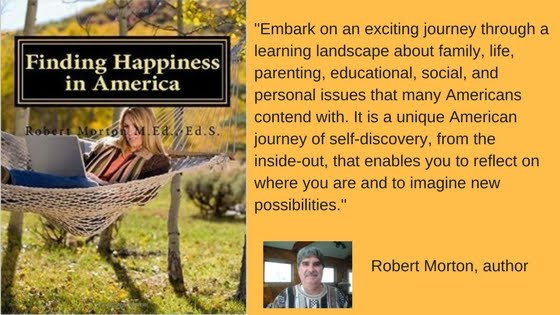In Finding Happiness in America, I describe how researchers are desperately attempting to isolate the cause. They know it is a neurological disorder with no real cure that lasts a lifetime since it stems from a chromosome abnormality involving brain neuro-transmitters. They found autism is genetically transferable with a 15 percent chance of more than one family member having it, occurring eight times more frequently in boys than in girls. There is also growing evidence pointing to environmental factors, including pesticides, air pollution, and other environmental toxins that could impact brain development and lead to autism.
 |
| Autism currently (2015) strikes 1 in 88 American children. |
Not surprisingly, autism comes from the Greek work meaning “self.” Babies with the disorder prefer a solitary existence. It is hard for parents to get them to do the “oooo” back-and-forth communication, and quite often, these babies don’t hold up their hands to be picked up like other infants. Instead, parents receive a “wet noodle” response, or the baby may grow as rigid as a board to avoid being picked up or touched. Autistic children can be spotted in birthday party videos, for they rarely do “declarative pointing” to get others interested in their newly opened gifts. The “point gaze” is missing as well — while playing, they rarely look up at their parents to read their faces, then look back at the toy. They may not respond or look up at parents until their name is called several times.
The fact that one in 88 children fall somewhere along the autism disorder spectrum is both distressing and frightening for parents-to-be. It is beyond my comprehension as to why this national calamity was not mentioned in either the Republican or Democratic national conventions. Ironically, Geraldine Dawson, the chief science officer for Autism Speaks, calls the situation a public health crisis that demands a coordinated national response, increased research, earlier screening, and better treatment.
For the sake of our children and parents-to-be, I pray our national leaders heed Dawson’s words.
Robert Morton, M.Ed., Ed.S. has retired from his position of school psychologist and adjunct professor in the School of Leadership and Policy Studies at Bowling Green State University. He is author of the Finding Happiness in America manual.Contact him on the Secure Contact Form.



